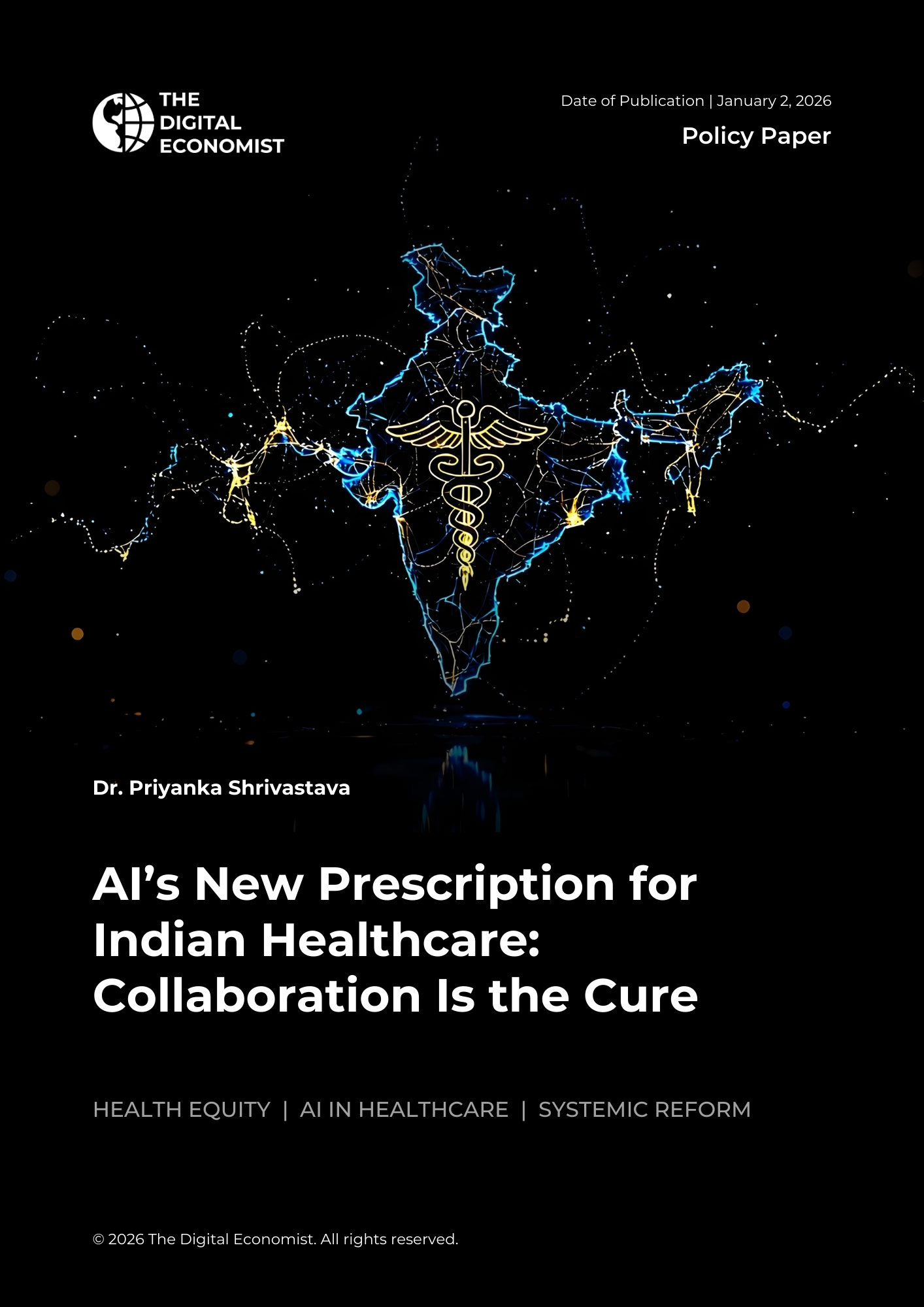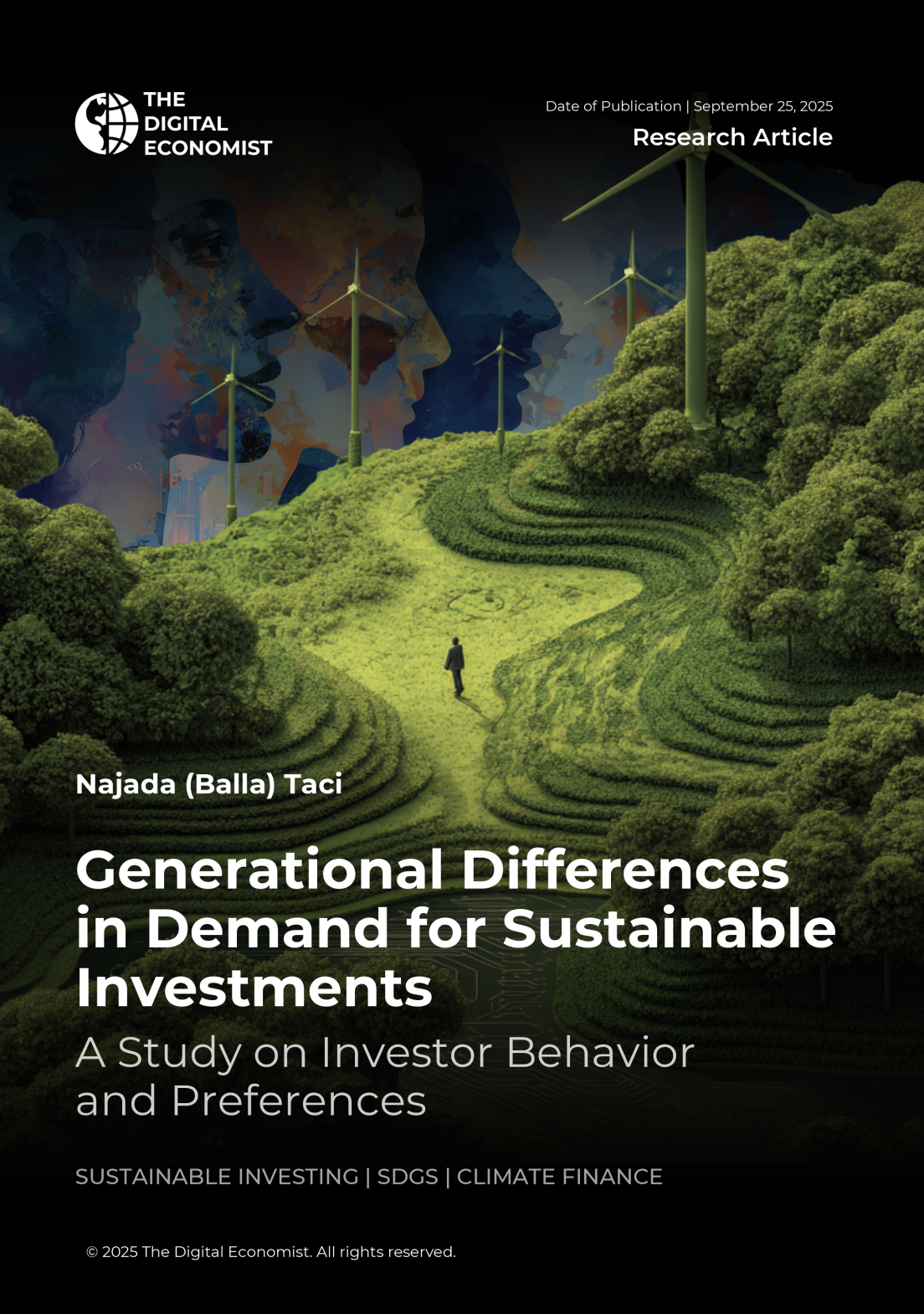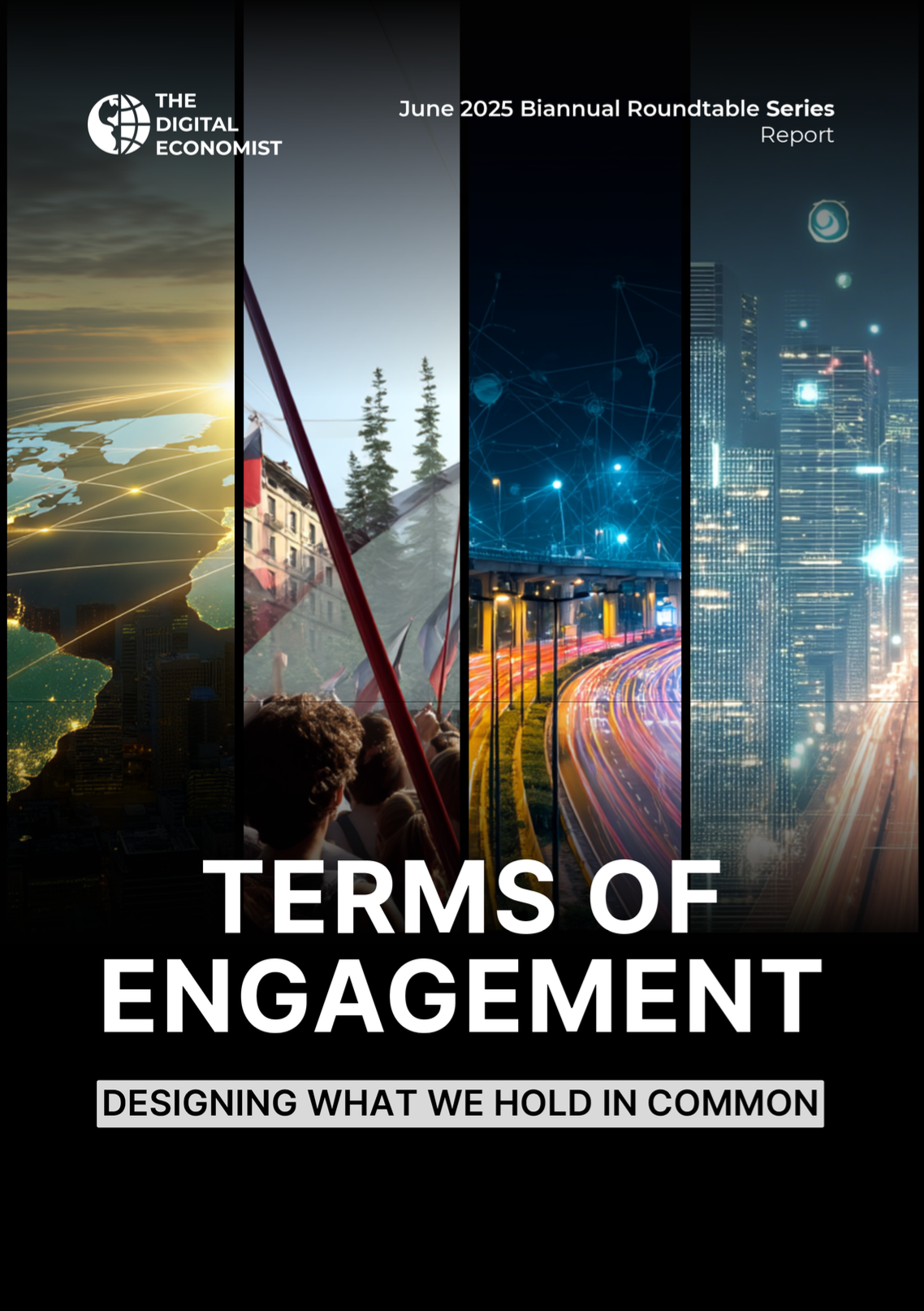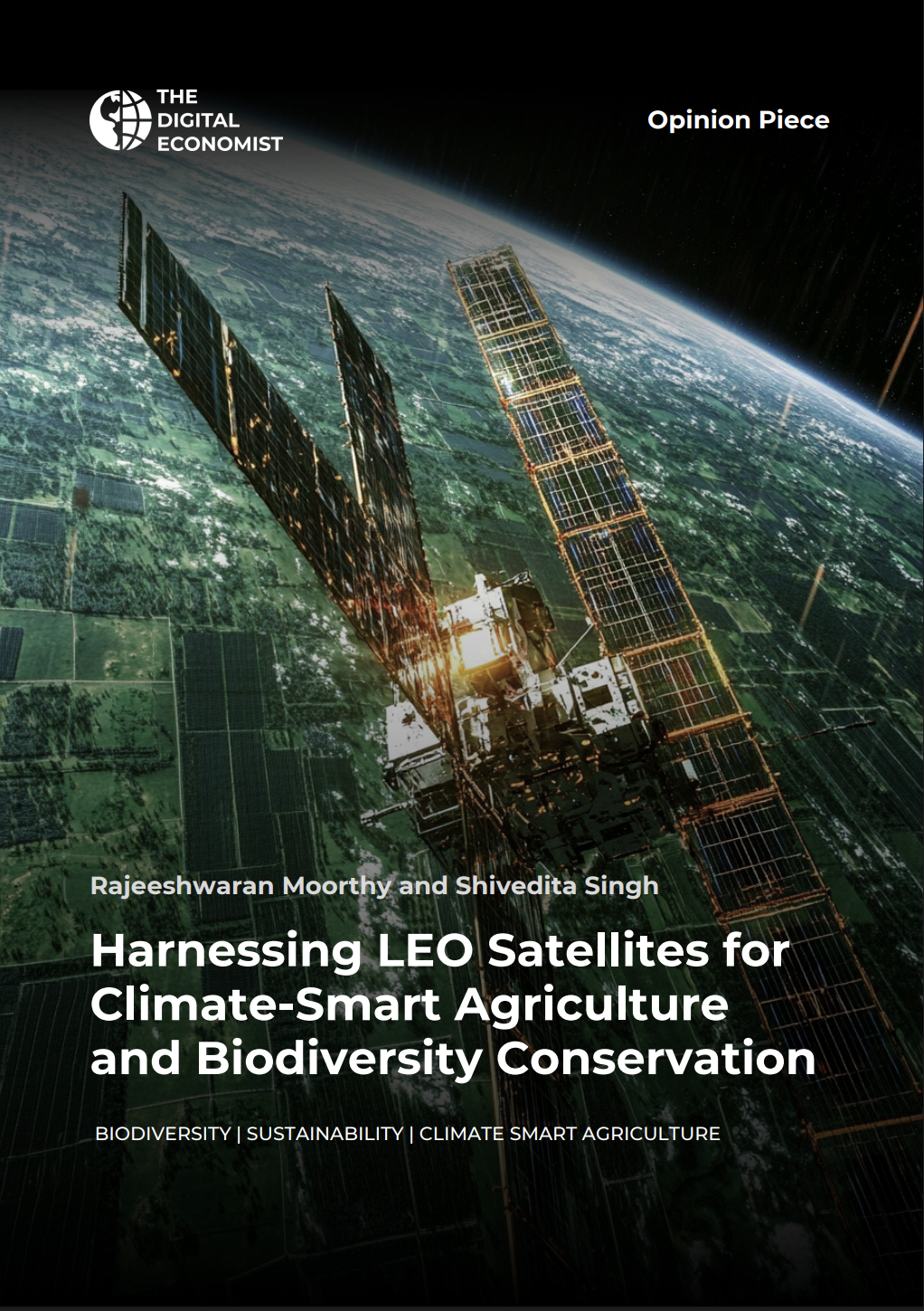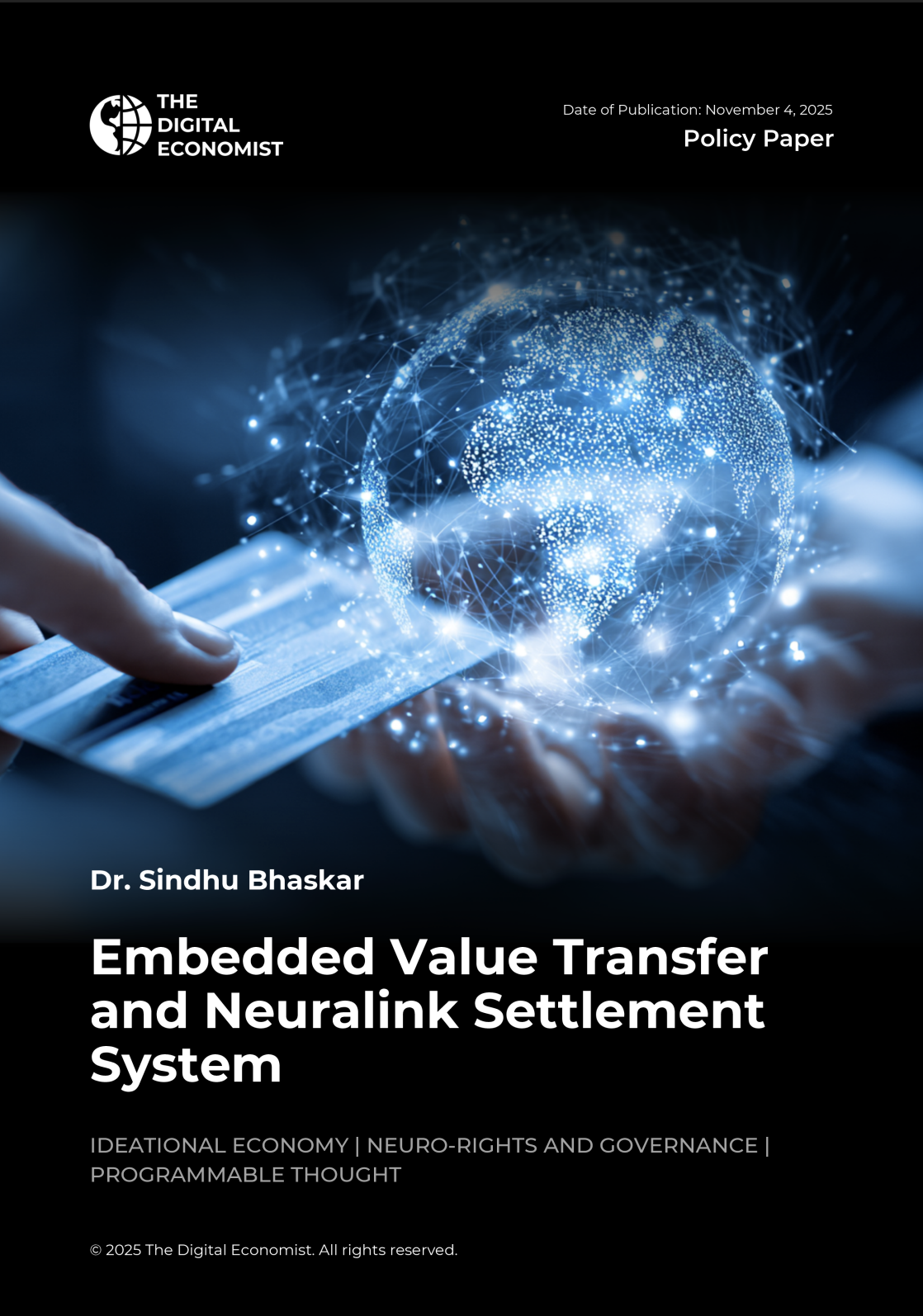
The publication discusses the evolution of the digital economy, highlighting how each phase of the web has embedded different elements into daily life. Web 2.0 integrated communication into platforms, enabling continuous global interaction, while Web 3.0 embedded finance into code, transforming money into programmable assets secured by cryptography. The next logical progression is toward "embedded intent" in Web 4.0, where human cognition itself becomes the tool for verification and exchange. This new frontier of embedded value transfer signifies a shift from transactions mediated through apps or screens to those enacted through thought, completing the transition from digital interaction to cognitive participation. In this framework, transactions are conceptualized as the firing of neurons rather than mere keystrokes or wallet signatures. The paper references Yuval Noah Harari's insights in "Homo Deus," suggesting that engineering minds could fundamentally alter human life. The document introduces the Neuralink Settlement System (NSS) as a speculative yet policy-grounded framework for intent-based value transfer, outlining how neuro-technological integration could reshape trade, finance, governance, and human autonomy within the next decade. It emphasizes that the NSS is not a prediction of immediate implementation but serves as a normative roadmap that details the ethical, regulatory, and infrastructural principles necessary to guide such systems from laboratory prototypes to real-world applications.
